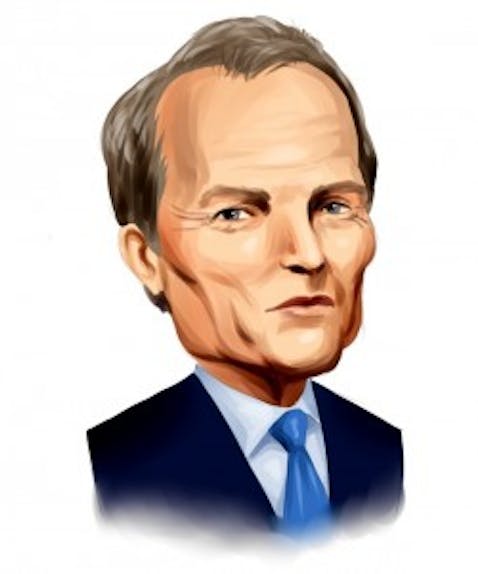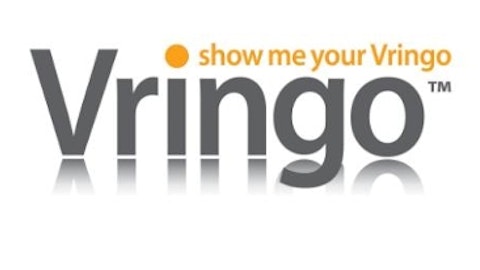
With its $29.1 billion acquisition of Medco Health Solutions last June, Highbridge holding Express Scripts (NYSE: ESRX), became the largest PBM. The transaction closed last month with forecasted synergies of $1 billion. As a result of integration costs, Q1 earnings were down 18%, but excluding acquisition-related expenses and other items, EPS was up several percentage points. Medco itself lost some large clients so its contribution was less than we had anticipated (Q1 net income down 26%).
In Q1, ESRX officially broke ties with drugstore chain, Walgreen (NYSE: WAG). After a public dispute over a public contract renewal about a year ago, the end result was a separation, meaning that members covered by ESRX would not be able to go to WAG pharmacies to get their prescriptions filled. However, ESRX reported, to our surprise, that more than 95% of its clients’ prescription volume moved into 2012 despite WAG leaving their network—we think better-than-expected scripts imply a small impact from the WAG dispute. We had expected a less favorable outcome but are still cautious about whether over a longer time period ESRX will lose customers who want access to WAG pharmacies. Losses for both companies may even result in further discussions by the companies, and ESRX has indicated that it is open to this course of action. But until then, ESRX’s network still has access to ~55,000 pharmacies. Shares are trading at ~11.6x 2013 earnings, and we view this as an attractive entry point as we posit that shares can trade up to 14.0x.
With the ESRX/Medco merger, the number two PBM spot goes to CVS Caremark (NYSE: CVS), a Highbridge holding. ESRX/Medco is significantly larger than CVS by 30% to 40%. The number three spot goes to OptumRx, United Healthcare’s (NYSE: UNH) in-house PBM that provides services for UNH’s members and other independent customers. OptumRx has the largest Medicare Part D prescription drug plan business in the US, with CVS number two here, in what we identify as a very attractive space within benefit management. We view CVS as very well-positioned to take market share in the Medicare Part D script volume, already with 4 million covered lives. CVS has indicated that it believes “
changes in the healthcare industry will eventually lead to 75% of all scripts being paid for by Medicare Part D and Medicaid.” Part D does not provide patients with an incentive to use mail, so Caremark is particularly well positioned to save money by offering patients the ability to fill maintenance scripts at retail. We also see managed Medicaid as an attractive area, particularly if healthcare reform results in the uninsured enrolling in Medicaid. Thus far, CVS has been pretty successful at marketing itself as a source of savings for federal and state governments and has a current market share of about a 25%.
OptumRx is formidable competitor in Part D, but we believe CVS’ integrated retail/PBM model offers a greater scope of services than OptumRx i.e., better option for patients who want to fill 90-day prescriptions through mail or retail channels. ESRX has a traditional PBM model (retail pharmacy claims processing and mail order pharmacy). The combined ESRX/Medco entity with be able to leverage ESRX’s cheaper plan designs and Medco’s mail facilities, while we think CVS will continue to leverage its retail business’ scale to buy generics at a much lower price than its competitors.
CVS is not blind to the reimbursement pressures for PBMs and retail pharmacies, so it has turned its focus to getting more members, taking a bigger share of their pharmacy spending, and developing differentiated products and services. We have a positive outlook for the year with the launch of a number of generics and profitability of the Aetna business. We view the stock as attractively valued with upside opportunities not accounted for by the market.



